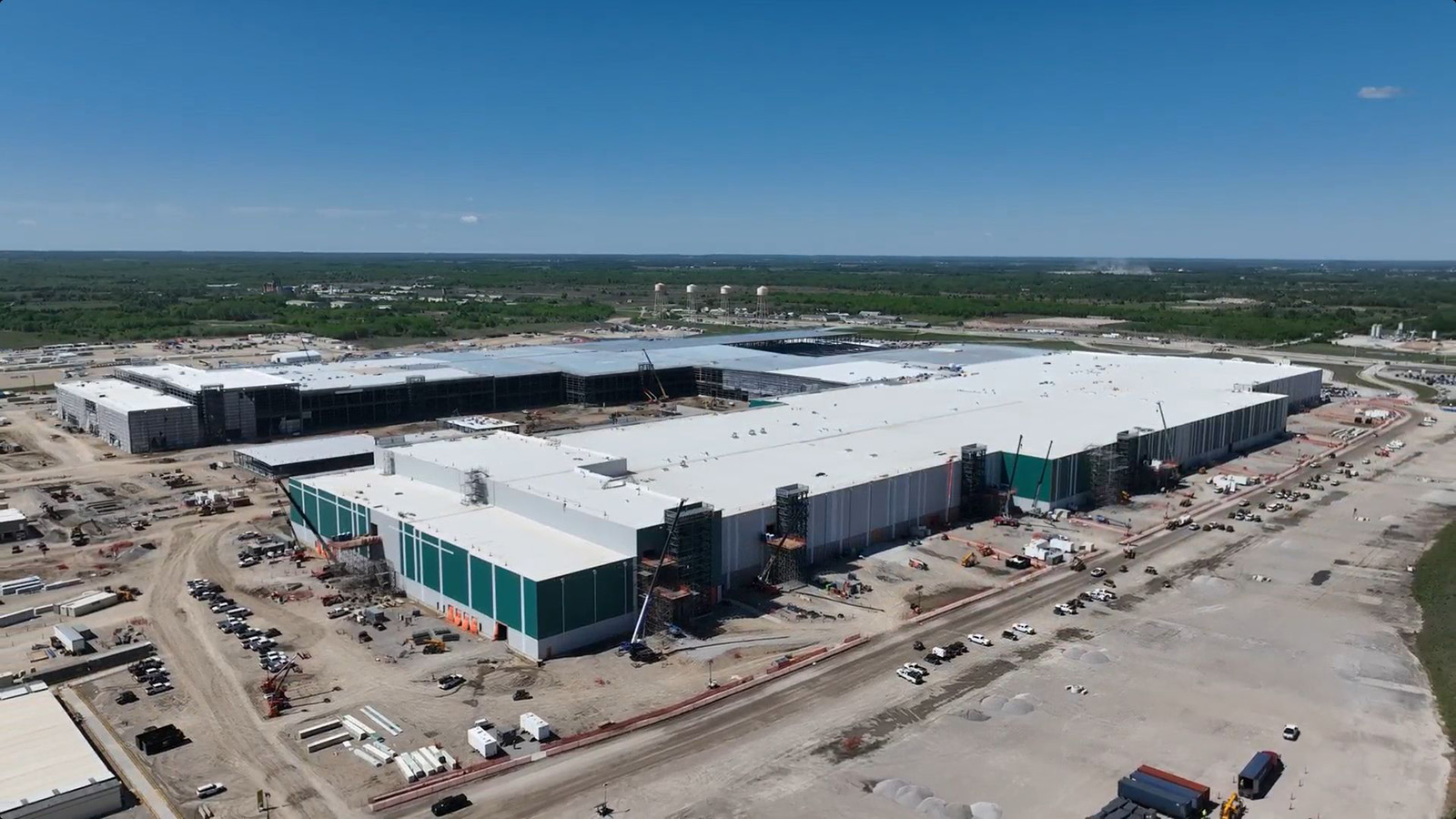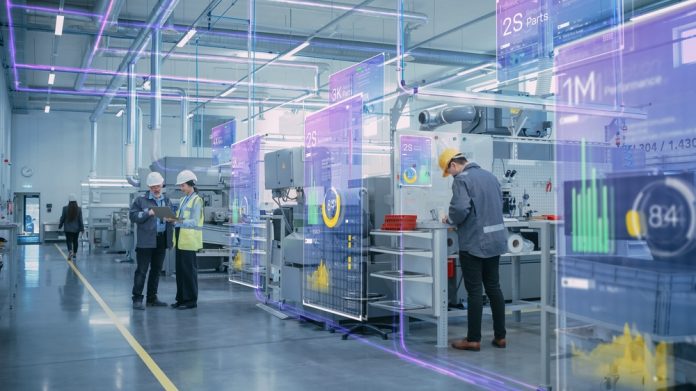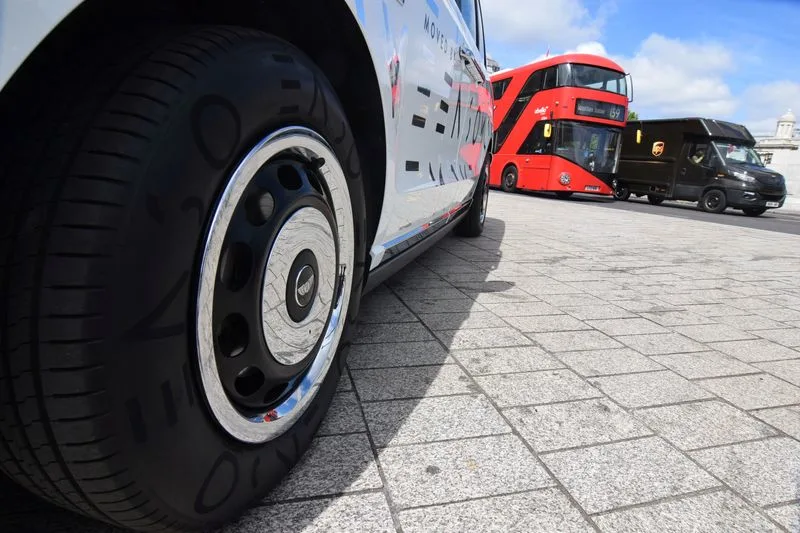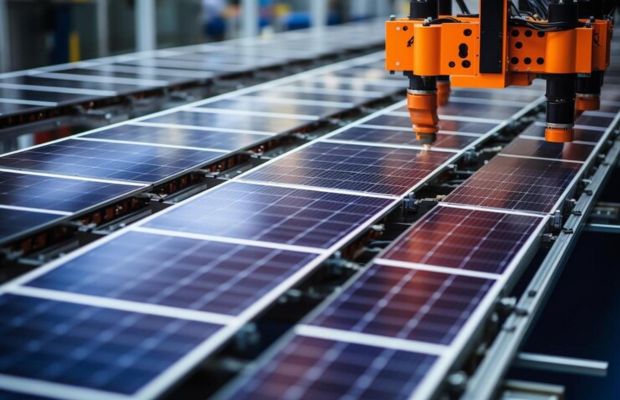Panasonic’s Commitment to Climate Change
Panasonic has made significant strides in the electric vehicle (EV) sector, supplying batteries for three million EVs to date. As one of North America’s leading lithium-ion battery manufacturers, Panasonic is at the forefront of efforts to reduce carbon dioxide (CO2) emissions—a critical factor in combating climate change. Transportation accounts for roughly one-quarter of global emissions, according to the International Energy Agency (IEA), and the shift to EVs is crucial for reducing these emissions. Panasonic’s new automotive battery plant in Kansas represents a major step forward in this mission, furthering the company’s commitment to sustainability and climate change mitigation.
The Kansas Plant: A New Era in Battery Production
Under the leadership of Allan Swan, CEO of Panasonic Energy of North America, construction of the world’s largest automotive battery plant began in De Soto, Kansas, in November 2022. Targeting production in 2025, this cutting-edge facility will increase the production of Panasonic’s highly demanded 2170 cylindrical lithium-ion batteries for EVs. With over a century of experience in battery manufacturing, Panasonic aims to leverage its technological expertise to enhance battery safety, capacity, and energy density. The Kansas plant, alongside the Gigafactory in Nevada, will play a crucial role in accelerating the adoption of EVs and reducing CO2 emissions from fossil fuel-powered vehicles.
Sustainable Practices and Local Sourcing
Panasonic is dedicated to minimizing the environmental impact of battery production. Recognizing that nearly 90% of CO2 emissions occur during resource extraction, raw material processing, and logistics, the Kansas plant is designed to be a net-zero facility. The plant will minimize electricity usage and transition to 100% renewable energy within the next decade. By sourcing materials locally and prioritizing suppliers committed to sustainability, Panasonic aims to reduce the carbon footprint throughout its supply chain. Partnerships with companies like Redwood Materials and Novonix exemplify Panasonic’s commitment to using recycled and sustainably sourced materials, furthering the goal of net-zero emissions.
The Panasonic GREEN IMPACT Commitment
Through the Panasonic GREEN IMPACT initiative, the company has pledged to contribute to the reduction of 93 million tons of CO2 emissions by early 2031. The operations of the Kansas plant and the widespread adoption of EV batteries are pivotal to achieving this goal. Allan Swan emphasizes the importance of addressing global environmental issues for future generations, highlighting Panasonic’s role in ensuring a sustainable and prosperous planet. The efforts undertaken today at Panasonic’s facilities will have a lasting impact, helping to mitigate the worst effects of climate change and secure a better tomorrow for all.




